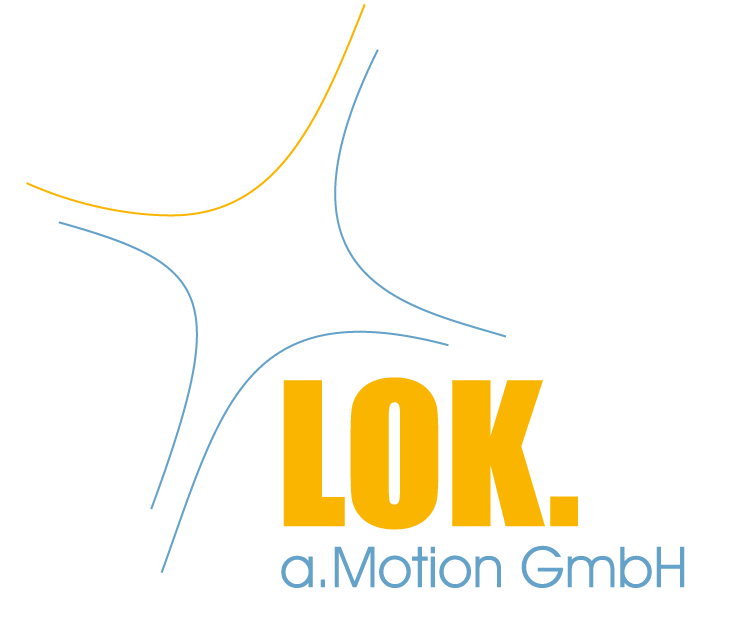neustart figures show: start-ups are
Integration engine for women with refugee experiences
The most recent analysis of participant data has shown that women with refugee experiences make up 25% of all start-ups within the framework of the neustart project. Neustart sees this as clear evidence that start-ups must be seen as a motor for integration for women with refugee experiences.
At 25%, the start-up rate of women in the neustart project is still well below the German average of 38%. However, given that the unemployment rate of refugee women is around 83%, it is clear that starting a business is a very attractive employment opportunity for women with refugee experience.
"On the one hand, this may be due to the fact that it is much easier to combine work and family life in the context of start-ups than in a traditional employment relationship. Nevertheless, it is also true that refugee women still face many obstacles when it comes to taking up work, for example when it comes to the recognition of qualifications or the provision of childcare services," explains Maria Kiczka-Halit, head of the Neustart project at LOK.a.Motion GmbH.
As part of the neustart project, refugee women are founding institutions for children's and adult education, personal services and catering, among other things. In this way, they are not only contributing to the regional economy, but also to securing local public services.
Nevertheless, women with refugee experiences also face major hurdles when starting their own businesses. In particular, there are still high bureaucratic hurdles when it comes to dealing with the job center or the health and trade authorities. In addition, there is generally difficult access to financing options.
"We are trying to eliminate such hurdles as part of our project," Kiczka-Halit continues. "Through various workshops and training courses in Arabic and English and individual coaching, we can specifically address the needs of our founders and give them access to further support."









